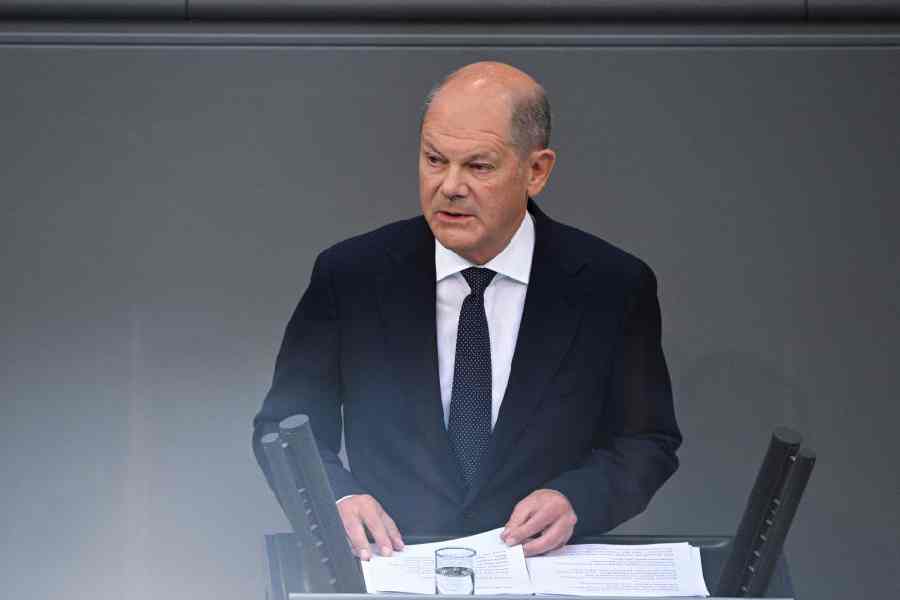Germany is headed for snap elections next February after its coalition government under Chancellor Olaf Scholz collapsed last week. The alliance that has ruled Europe’s largest economy since 2021 was always ambitious: it included Mr Scholz’s Centre-Left Social Democrats, the Greens of the vice-chancellor, Robert Habeck, and the more conservative Free Democrats. But the country’s deepening economic crisis, driven by a two-year-long recession, ignited differences within the coalition that came to a head with Mr Scholz firing the finance minister, Christian Lindner, the leader of the Free Democrats. Mr Lindner promptly pulled out of the governing alliance, leaving it in a minority. Mr Scholz now likely faces a vote of confidence in Parliament in December, which he is expected to lose, paving the way — formally — for the election. At the moment, the Opposition Christian Democratic Union is leading in the opinion polls, but the far-Right Alternative for Germany is polling second — ahead of the Social Democrats and other parties — after a series of gains in recent state elections that it could well replicate nationally in February. This political churn in Germany comes at a time when Europe and the West more broadly are anxiously looking for leadership, especially in the aftermath of the election of Donald Trump for another presidential term in the United States of America.
The return of Mr Trump, a sceptic of Europe’s relationship with the US, coincides with a wider move to the extreme Right in the continent. In France, Marine Le Pen’s National Rally saw a substantial rise in support in elections in June and July. Last year, the far-Right Party for Freedom became the single largest political force in the Netherlands and joined the government. In Italy, the party of the prime minister, Giorgia Meloni, has roots in the country’s neo-fascist movement. Far-Right parties are also holding up the governments in Sweden and Finland. Yet a common theme ties this political shift across Europe and the US. While traditional politicians have been keen to fund Ukraine in its war against Russia, many ordinary people are more worried about their high costs of living. Proposals involving more taxes — as Mr Scholz wanted and Mr Lindner opposed — or seen as benefiting immigrants quickly feed into the narrative of a State that does not care about ordinary, local people. Germany’s political crisis is a warning to the world: if the Left and the Centre do not listen to these concerns, people will turn to the Right.










